Athletes and federations face Olympic doping bans - Bach
IOC announced Tuesday that 31 athletes from 2008 Beijing Olympics had failed tests after their samples were reexamined
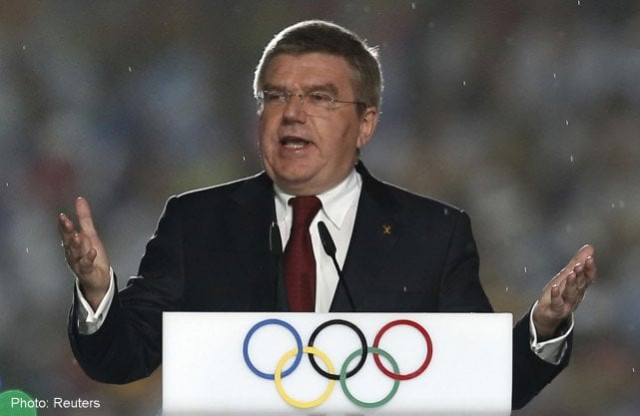
62-year-old said there would be "zero tolerance" against athletes who would find guilty of doping charges.
PHOTO: REUTERS
The IOC leader also heightened pressure on Russia to clear up allegations of interference in testing at its doping laboratory during the 2014 Sochi Winter Games.
With 31 athletes from 12 countries already facing a ban from the Rio de Janeiro Olympics in August, Bach warned in a commentary in Le Monde newspaper of tough sanctions, including against individual federations, if the accusations against Russia were proved.
Pakistan’s representation in 2016 Olympics next to none
"Should the investigation prove the allegations true, it would represent a shocking new dimension in doping with an, until now, unprecedented level of criminality," added Bach.
He said there would be "zero tolerance" against athletes and their entourage.
"This action could range from life-long Olympic bans for any implicated person, to tough financial sanctions, to acceptance of suspension or exclusion of entire national federations like the already existing one for the Russian athletics federation by the International Association of Athletics Federations."
Bach also warned that a World Anti-Doping Authority (WADA) inquiry into Russia's actions in Sochi could "greatly influence" whether its athletes are allowed to return for Rio.
Rio Games flame lit at ancient Olympia
"Should there be evidence of an organised system contaminating other sports, the international federations and the IOC would have to make the difficult decision between collective responsibility and individual justice."
Bach even said sporting authorities would have to consider whether the 'innocent until guilty' maxim should still be applied to the "contaminated" federations.
With international doping scandals mounting, the IOC announced Tuesday that 31 athletes from the 2008 Beijing Olympics had failed tests after their samples were reexamined.
The athletes are from 12 countries.
Some 454 Beijing tests were re-examined and the results from 250 samples retested from the 2012 London Games will be announced shortly.
Bach said: "This decisive action will most likely stop some dozens of doped athletes participating in the Rio Olympic Games."
The IOC executive board has demanded that WADA start "a fully fledged investigation" into allegations that Russia's secret services and sports ministry subverted testing at the laboratory for the 2014 Winter Olympics in Sochi.
This has been alleged by a former head of the Russian anti-doping agency now in hiding in the United States.
The IOC has instructed its lab in Lausanne to re-examine samples from Sochi "using the most modern and efficient methods at its disposal."
The Sochi samples are stored for 10 years in the facility in Lausanne.
Russian authorities have strongly denied any wrongdoing and Bach called for "total cooperation" from them.
Russia is already battling to get its track and field athletes back into the International Association of Athletics Federations (IAAF) so that they can compete in the Rio de Janeiro Games.
The IAAF is to take a decision on June 17 on whether to let the All-Russian Athletics Federation back into the global body so Russian athletes can compete in Rio.
Russia's Sports Minister Vitaly Mutko said on Sunday that his country was "sorry" and "ashamed" over the doping violations.
But he added that it was "absurd" to believe that Russian athletes were involved in systematic doping at the Sochi Olympics.
Mutko insisted it would be unfair to stop Russian athletes competing in Rio.
Bach, an Olympic gold medal winner in fencing, said in his commentary that the IOC had a powerful duty to protect clean athletes.
He said he had in the past supported calls for life bans for drug cheats. "Because of my background I can understand the many emotional requests being made by athletes now."

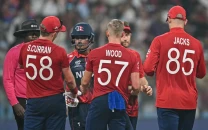
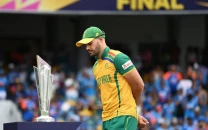
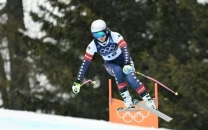
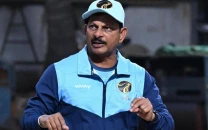

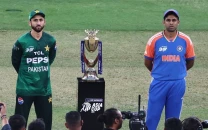












COMMENTS
Comments are moderated and generally will be posted if they are on-topic and not abusive.
For more information, please see our Comments FAQ